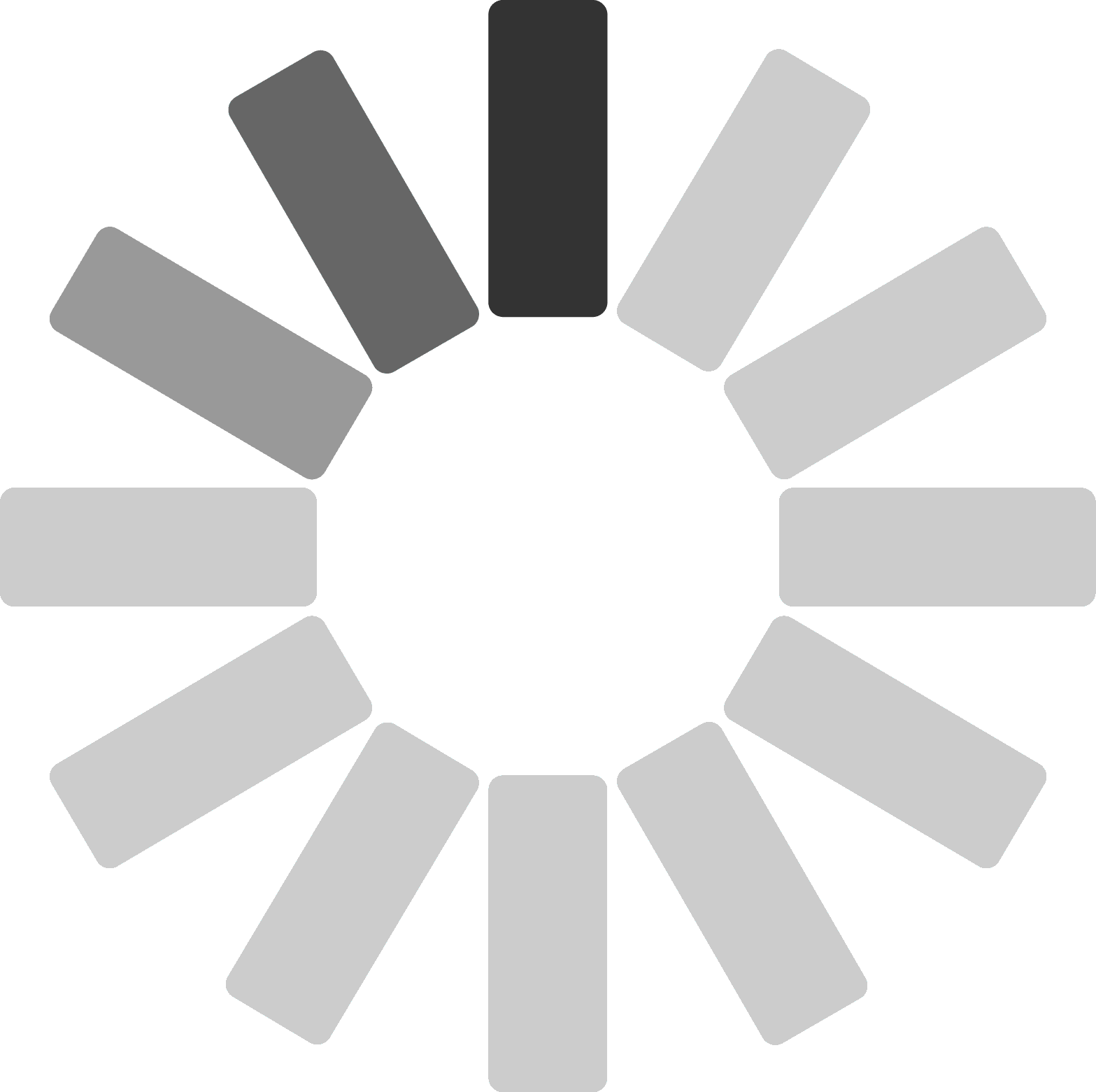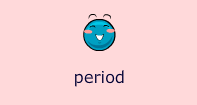- HOME
- GAMES
- PUNCTUATION
- PERIODS
Change Avatar
Periods
The Period
Rules for using the Period
It is sunny and warm outside today. ("Today" is the last word of the statement - use a period)
I will take the dog for a walk. ("Walk" is the last word of the statement - use a period)
Bob runs very quickly. ("Quickly" is the last word of the statement - use a period)
I went to visit Washington, D.C. ("D.C." is the abbreviation for District of Columbia - use a period)
She lives on Oak St. in Baltimore. ("St." is the abbreviation for street - use a period.)
My father worked for the Water Co. for many years. ("Co." is the abbreviation for company - use a period)
Jane asked me why we left early. (Use a period for a sentence that describes a question but does not ask one.)
She asked what we had for homework. (Use a period for a sentence that describes a question but does not ask one.)
Sam asked why I didn\t understand the story. (Use a period for a sentence that describes a question but does not ask one.)
Harry lives in the U.S.A. ("U.S.A." ends with a period, so you don't add one to the end of the sentence.)
SI have an appointment with Anna Smith, M.D. ("M.D." ends with a period, so you don't add one to the end of the sentence.)
The handy chart below can help you remember the rules and uses of the period.
| Name | Punctuation Mark | Usage | Example |
|---|---|---|---|
| Period | . |
|
|




